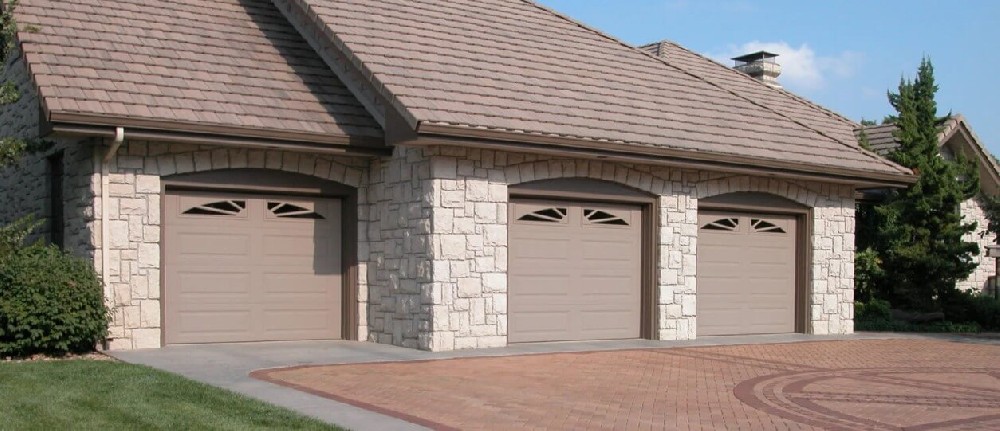Navigation Menu
Contact Us
- Email:
- info@wxavatar.com
- Address:
- Yurong Village, Yuqi Street, Huishan District, Wuxi, China.
Release Date:Mar 11, 2025 Visit:89 Source:Roll Forming Machine Factory
When it comes to home construction, the garage is often an essential yet overlooked component. Whether you use it to park your car, store tools, or as a workshop, the materials used to build a garage play a significant role in its durability, functionality, and appearance. Understanding what a garage is made of can help you make informed decisions about construction, maintenance, and upgrades. In this article, we’ll explore the primary materials used in building a garage, including walls, roofing, doors, and flooring.
1. Walls: The Foundation of a Garage
The walls of a garage are typically constructed from materials that provide strength, insulation, and weather resistance. Common materials include:
Wood: Traditional and versatile, wood is often used for framing and siding. It offers a classic aesthetic but requires regular maintenance to prevent rot and insect damage.
Concrete Blocks: Durable and fire-resistant, concrete blocks are a popular choice for garage walls. They provide excellent insulation and are low-maintenance.
Steel or Metal: Metal panels are lightweight, durable, and resistant to pests and fire. They are often used in prefabricated garage kits.
Brick or Stone: These materials offer a premium look and exceptional durability. While more expensive, they add significant curb appeal and require minimal upkeep.
2. Roofing: Protecting Your Garage from the Elements
The roof is a critical component of any garage, as it shields the structure from rain, snow, and sunlight. Common roofing materials include:
Asphalt Shingles: Affordable and widely used, asphalt shingles are easy to install and come in various colors and styles.
Metal Roofing: Known for its longevity and durability, metal roofing is resistant to extreme weather conditions and requires little maintenance.
Clay or Concrete Tiles: These materials are durable and fire-resistant, often used for a more upscale appearance.
Wood Shingles or Shakes: While aesthetically pleasing, wood roofing requires regular maintenance to prevent decay and insect damage.

3. Garage Doors: The Face of Your Garage
The garage door is not only a functional element but also a key design feature. Materials used for garage doors include:
Steel: Durable, low-maintenance, and available in various styles, steel is a popular choice for garage doors.
Wood: Wooden doors offer a classic, elegant look but require regular upkeep to prevent warping and weathering.
Aluminum: Lightweight and resistant to rust, aluminum is ideal for modern designs but may dent more easily.
Fiberglass: Known for its durability and resistance to corrosion, fiberglass is a versatile option that can mimic the appearance of wood.
4. Flooring: The Base of Your Garage
The flooring of a garage must withstand heavy loads, spills, and constant use. Common flooring materials include:
Concrete: The most common choice, concrete is durable, easy to clean, and can be sealed or coated for added protection.
Epoxy Coatings: Applied over concrete, epoxy coatings create a smooth, resistant surface that is easy to maintain and visually appealing.
Rubber Tiles: Ideal for workshops, rubber tiles provide cushioning and are resistant to oil and chemicals.
Interlocking Tiles: These modular tiles are easy to install and replace, making them a practical option for DIY enthusiasts.
Conclusion
A garage is more than just a place to park your car—it’s a functional space that requires careful consideration of materials to ensure longevity, safety, and aesthetic appeal. From the walls and roofing to the doors and flooring, each component plays a vital role in the overall structure. By understanding what a garage is made of, you can make informed decisions that enhance its durability, functionality, and visual appeal. Whether you’re building a new garage or renovating an existing one, the right materials can make all the difference.